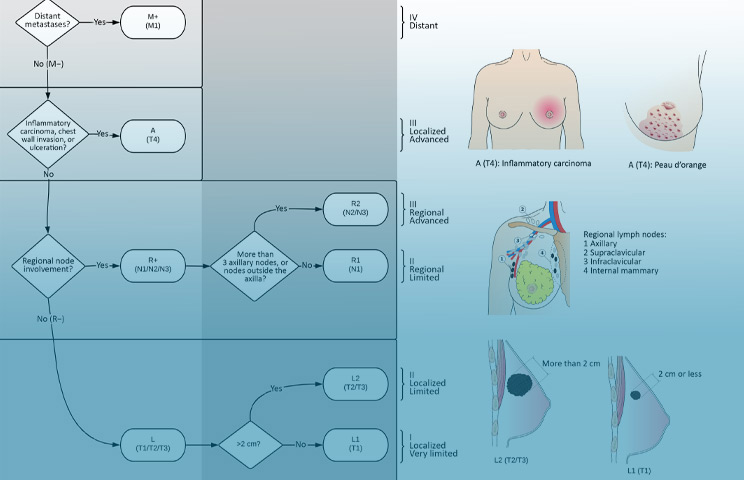More
13 September 2024
IARC Monographs Volume 134: Aspartame, methyleugenol, and isoeugenol
The International Agency for Research on Cancer (IARC) is pleased to announce that Volume 134 of the IARC Monographs, Aspartame, methyleugenol, and isoeugenol, is now available online.
This volume comprises three monographs: aspartame, methyleugenol, and isoeugenol. The monograph on aspartame was first published in advance on 29 April 2024, in response to public health demand.
Aspartame is a low-calorie artificial sweetener that has been widely used in foods and beverages since the 1980s. Historically, artificially sweetened beverages have been the major source of exposure to aspartame, but to a lesser extent at present since aspartame is typically used in mixtures with other sweeteners. The highest concentrations of aspartame are found in tabletop sweeteners, chewing gums, and food supplements. Other sources include cosmetics and medicines.
Methyleugenol is a flavour and fragrance compound that occurs naturally in essential oils of various plants. It is used in cosmetics and personal care products and as an insect attractant. Although its use as a flavouring agent is prohibited in the European Union and the USA, it is still present in various foods and consumer products because it occurs naturally in many herbs and spices. The general population is ubiquitously exposed via food or use of personal care products.
Isoeugenol is a fragrance and flavour compound that occurs in many plant species and in wood smoke. It is used in food, cosmetics, household products, animal feed, and veterinary medicines. Firefighters and workers involved in isoeugenol synthesis or handling isoeugenol-containing products may be exposed.
Aspartame was classified as possibly carcinogenic to humans (Group 2B) on the basis of limited evidence for cancer in humans, limited evidence for cancer in experimental animals, and limited mechanistic evidence. Methyleugenol was classified as probably carcinogenic to humans (Group 2A) on the basis of sufficient evidence for cancer in experimental animals and strong mechanistic evidence (including studies in humanized mice and supported by mechanistic studies in exposed humans). Isoeugenol was classified as possibly carcinogenic to humans (Group 2B) on the basis of sufficient evidence for cancer in experimental animals. For both methyleugenol and isoeugenol, the evidence regarding cancer in humans was inadequate.
Other news

Impact of knowledge of HPV positivity on cervical cytology performance in Latin America
Scientists from the International Agency for Research on Cancer (IARC) and partner institutions h...
08.01.2025
Read more

IARC marks Cervical Cancer Awareness Month 2025
The International Agency for Research on Cancer (IARC) is marking Cervical Cancer Awareness Month...
03.01.2025
Read more

Publication of User’s Guide to Essential TNM in PDF format
A new user’s guide from the International Agency for Research on Cancer (IARC), published in co...
19.12.2024
Read more